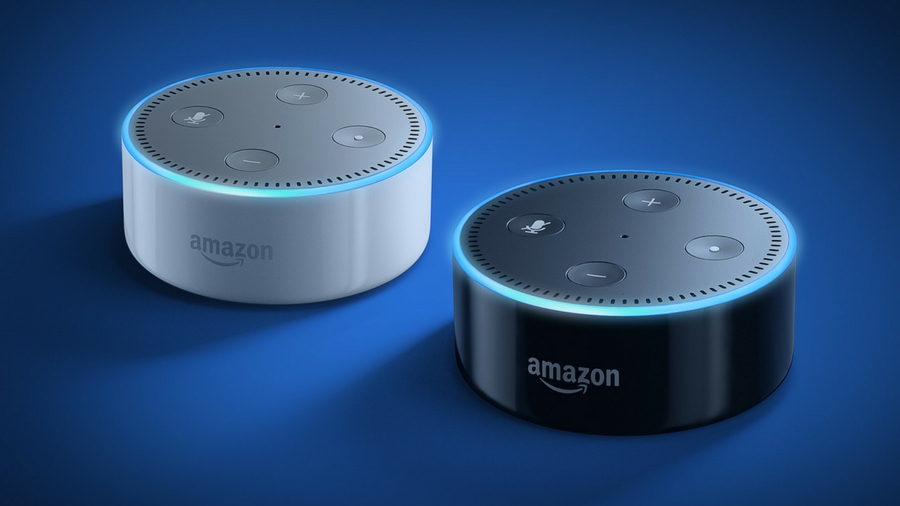- A new leak suggests Alexa’s AI is too innacurate to launch yet
- It’ll still be shown off on February 26, but won’t release until later
- The leak follows reports Alexa was delayed from 2024 due to similar issues
It’s all but guaranteed that Amazon is launching a new version of Alexa with souped up AI brain power on February 26 – it literally spelled it out in an announcement – but disaster might have struck at the final hurdle. Alexa AI is reportedly delayed, again.
That’s per an anonymous source who spoke with The Washington Post (the report is behind a paywall) claiming that the new Alexa has been making too many mistakes when asked test questions. As a result Alexa is being delayed to improve its accuracy – with the current launch date now put back ’til March 31.
Amazon is still expected to unveil the all-new Alexa at the New York event on February 26 as it originally planned, however, we expect access to the AI (and the questions it’ll answer in demos) might be restricted so as not to reveal its potentially less-than-perfect side.
As with all rumored information, we should still take all of this with a pinch of salt, though if The Washington Post is correct, this wouldn’t be the first time Alexa has been delayed. Multiple sources had teased a 2024 launch date, with accuracy issues once again cited as the reason Alexa was held back.
Beyond causing a delay, these issues could also prove a blow to Amazon’s rumored plan to charge users for Alexa’s help. It’s been said the revamped Alexa could cost paying customers $5-$10 a month to use (around £5-£10 / AU$8-AU$16). If Alexa is unreliable – or has a reputation for being unreliable beyond what’s expected from a current-gen AI – we imagine there won’t be many users keen to pay for the service.
At least the current-version of Alexa is said to be sticking around as a permanently free and generally reliable option.
If Amazon can solve Alexa’s accuracy problems, the new AI does sound rather useful. Alexa AI is said to be smarter so it can handle multiple prompts at once, rather than requiring its user to give distinct commands one after the other, and to perform as an AI agent – read: taking actions without direct user requests.
Admittedly that last point sounds a little scary, given that Alexa AI would have our credit card info and direct access to the world’s largest online store (Amazon), especially if Alexa is prone to mistakes (I know I’d be nervous about using it). But if Amazon can prove its agent is genuinely helpful, Alexa might finally start living up to the futuristic home assistant many imagined it would be when it first launched.





